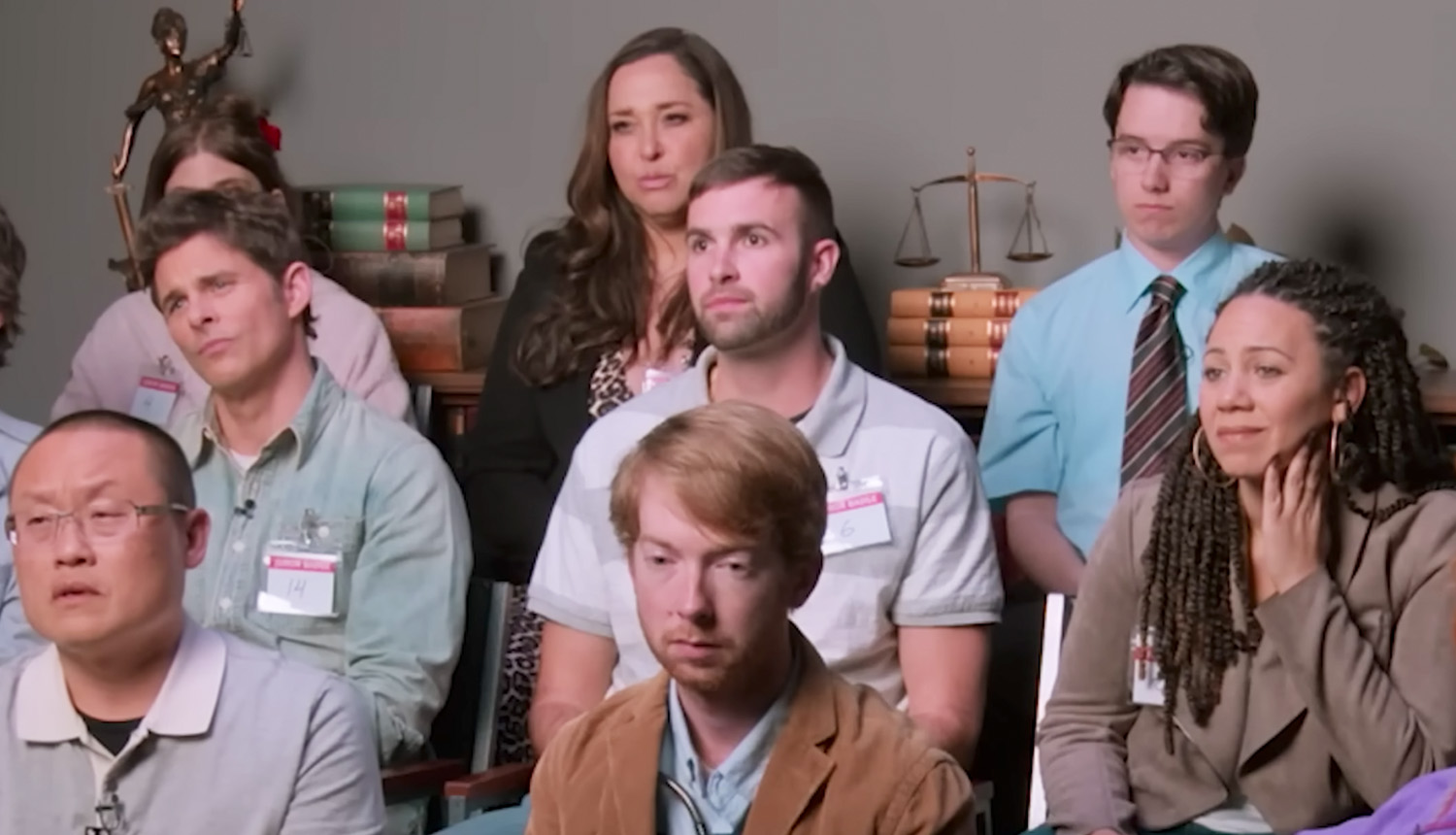How Often Is Jury Duty Called In California?
Jury duty is a civic responsibility that many Californians may face at some point in their lives. Understanding how often jury duty is called in California can help individuals better prepare for this obligation. In this comprehensive guide, we will explore the frequency of jury duty summons, the selection process, and what you can expect when called to serve. Whether you are a first-time juror or just looking for more information, this article aims to provide valuable insights into the jury duty process in California.
In California, jury duty is not just a random selection; it is a structured process governed by state laws. The frequency of being summoned for jury duty can vary based on several factors, including your location, the type of court, and the need for jurors. This article will delve into these factors, providing you with a clearer understanding of how often you might receive a jury summons.
Moreover, the implications of jury duty extend beyond just the individual; they impact the judicial system as a whole. A well-functioning jury system relies on the participation of citizens, making it essential for individuals to understand their role in this process. Let’s explore the ins and outs of jury duty in California.
Table of Contents
- What is Jury Duty?
- Why is Jury Duty Important?
- How Often is Jury Duty Called in California?
- Jury Selection Process
- Duration of Jury Duty
- Exemptions and Deferrals
- What to Expect When Called
- Conclusion
What is Jury Duty?
Jury duty refers to the civic duty of citizens to serve as jurors in legal proceedings. In California, this process is essential for ensuring a fair trial. Jurors are responsible for listening to the evidence presented in court and making a decision based on that evidence.
There are two main types of juries in California:
- Grand Jury: A grand jury determines whether there is enough evidence to charge someone with a crime.
- Trial Jury: A trial jury, also known as a petit jury, decides the outcome of a trial based on the evidence presented.
Why is Jury Duty Important?
Jury duty is a cornerstone of the American legal system. It ensures that the right to a fair trial is upheld and that ordinary citizens can participate in the judicial process. Here are some reasons why jury duty is important:
- Protection of Rights: Jurors help protect the rights of individuals by ensuring that all trials are conducted fairly.
- Community Involvement: Serving on a jury is a way for citizens to participate in their community and contribute to the legal system.
- Representation: A diverse jury represents the community's values and perspectives, leading to more balanced verdicts.
How Often is Jury Duty Called in California?
The frequency of receiving a jury duty summons in California can vary significantly based on several factors:
Factors Influencing Jury Duty Frequency
- Location: Different counties may have different needs for jurors, impacting how often residents are called.
- Type of Court: Superior courts may summon jurors more frequently than federal courts, depending on case loads.
- Previous Service: Generally, individuals who have recently served on a jury may not be called again for a certain period, often up to one year.
On average, Californians may receive a jury summons once every few years. However, this can vary widely based on the above factors.
Jury Selection Process
The jury selection process, known as "voir dire," involves several steps:
- Summons: Potential jurors receive a summons by mail.
- Questionnaire: Jurors complete a questionnaire to assess their qualifications.
- Selection: During voir dire, attorneys ask questions to determine if jurors can be impartial.
- Final Selection: Selected jurors are sworn in to serve on the case.
Duration of Jury Duty
The duration of jury duty can vary depending on the case. Generally, jurors can expect to serve for:
- One Day: In many cases, jurors may be released after one day if not selected.
- Several Days to Weeks: If selected for a trial, jurors may serve for the duration of the trial, which can range from a few days to several weeks.
Exemptions and Deferrals
California law provides certain exemptions and the option to defer jury duty for various reasons, including:
- Medical Reasons: Jurors with medical conditions may request an exemption.
- Financial Hardship: Those who cannot afford to miss work may be eligible for a deferral.
- Caregiver Responsibilities: Individuals responsible for caring for dependents may also qualify for an exemption.
What to Expect When Called
If you receive a jury summons, here’s what to expect:
- Reporting Instructions: Follow the instructions provided in your summons regarding when and where to report.
- Orientation: Jurors typically attend an orientation session to understand the process and their responsibilities.
- Trial Proceedings: If selected, you will participate in the trial, which may involve listening to testimonies, reviewing evidence, and deliberating with fellow jurors.
Conclusion
In summary, the frequency of jury duty calls in California can vary based on various factors, including location and court type. Understanding the jury selection process, the duration of service, and the possibility of exemptions can help demystify this civic responsibility. We encourage you to stay informed and prepared for your potential jury duty. If you have any questions or experiences to share, feel free to leave a comment below or share this article with others who may find it helpful.
Sources
Thank you for reading! We hope you found this information valuable and invite you to return for more insightful articles.
Moonlighting TV Show Cast: A Deep Dive Into The Iconic Series
Understanding Marietta Weather: A Comprehensive Guide
Understanding The Weather In Macon: A Comprehensive Guide
:max_bytes(150000):strip_icc():focal(999x292:1001x294)/ronald-gladden-jruy-duty-042723-9c9503037a74456bb900f1159ef4e96e.jpg)

